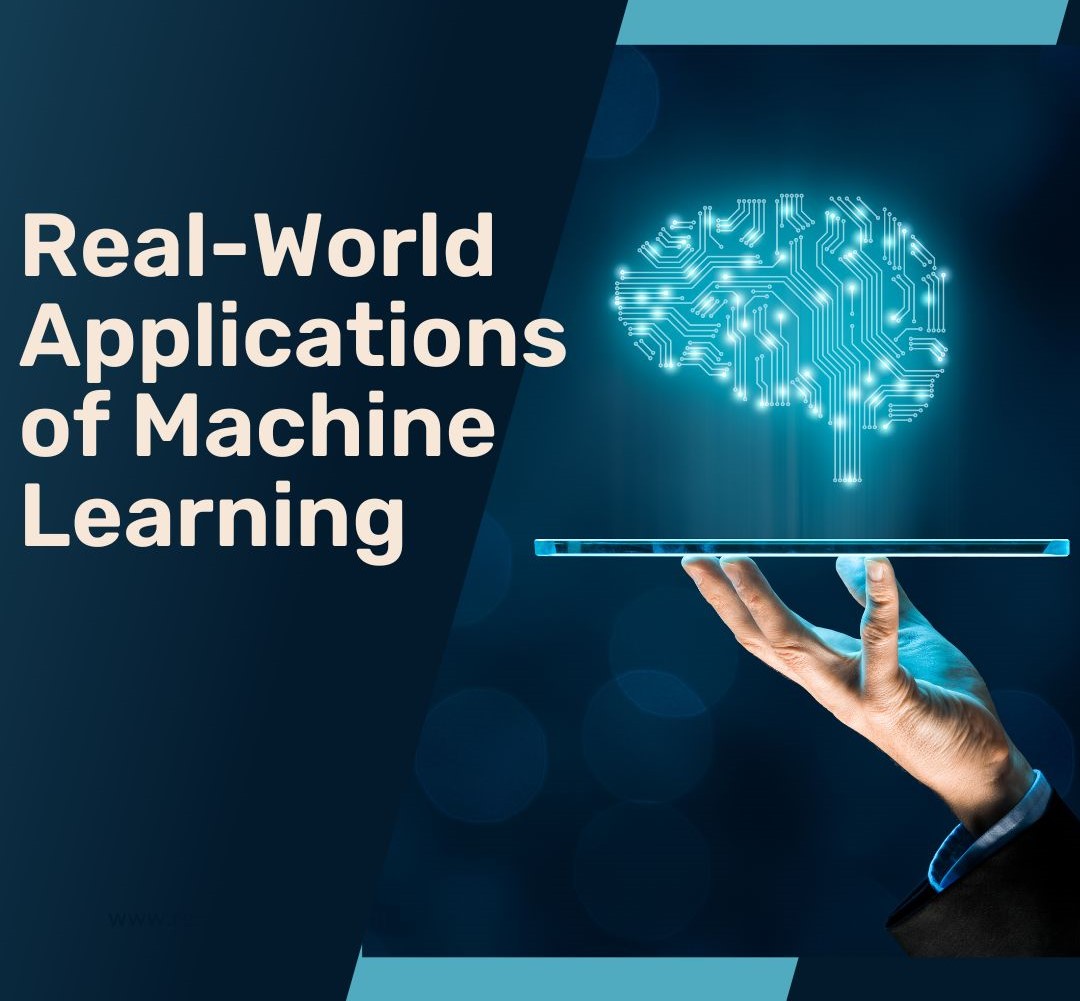Machine learning (ML) has become an integral part of our daily lives, often operating behind the scenes to enhance our experiences and streamline processes. From personalized recommendations to advanced healthcare solutions, the applications of machine learning are vast and varied. In this blog, we’ll explore some of the most significant ways machine learning impacts our everyday lives.
1. Personalized Recommendations
One of the most visible applications of machine learning is in the realm of personalized recommendations. Platforms like Netflix and Spotify leverage ML algorithms to analyze user behavior and preferences. By examining your viewing or listening history, these platforms can suggest movies, shows, or songs that align with your tastes. This not only enhances user satisfaction but also keeps users engaged longer.
How It Works:
- Data Collection: User interactions, ratings, and preferences are collected.
- Collaborative Filtering: ML algorithms identify patterns in user behavior, grouping similar users.
- Recommendations: Based on these patterns, tailored suggestions are made.
2. Healthcare and Medical Diagnosis
Machine learning is revolutionizing healthcare by improving diagnostic accuracy and personalizing treatment plans. Algorithms can analyze medical images, such as X-rays and MRIs, to detect anomalies that may be missed by the human eye. Additionally, ML can help in predicting patient outcomes based on historical data, leading to better-informed decisions by healthcare providers.
Key Benefits:
- Early Detection: Algorithms can identify diseases at earlier stages.
- Personalized Treatment: ML helps customize treatment plans based on individual patient data.
3. Smart Assistants
Virtual assistants like Siri, Alexa, and Google Assistant utilize machine learning to understand and respond to user queries. These smart assistants improve over time as they learn from interactions, becoming more accurate in understanding natural language and context.
Features:
- Voice Recognition: ML enables accurate transcription and understanding of voice commands.
- Context Awareness: The ability to understand context helps provide more relevant responses.
4. Fraud Detection and Security
In the financial sector, machine learning is crucial for detecting fraudulent activities. Algorithms analyze transaction patterns and flag anomalies that may indicate fraud. This application helps banks and financial institutions protect their customers from unauthorized transactions and cyber threats.
How It Works:
- Pattern Recognition: ML models learn normal transaction patterns.
- Anomaly Detection: Any deviations from these patterns trigger alerts for further investigation.
5. Autonomous Vehicles
Machine learning is a cornerstone of the development of autonomous vehicles. These vehicles use a combination of sensors and ML algorithms to understand their surroundings, make real-time decisions, and navigate safely. Companies like Tesla and Waymo are at the forefront of this technology.
Key Components:
- Object Detection: ML algorithms identify and classify objects, such as pedestrians and traffic signs.
- Decision Making: The vehicle’s AI assesses scenarios and makes driving decisions based on real-time data.
6. E-Commerce and Retail
In e-commerce, machine learning enhances user experience through targeted marketing and inventory management. Retailers analyze consumer behavior to predict trends and optimize stock levels, ensuring that popular products are always available.
Applications:
- Dynamic Pricing: Algorithms adjust prices based on demand, competition, and user behavior.
- Customer Segmentation: ML helps identify different customer segments for personalized marketing strategies.
7. Social Media
Social media platforms utilize machine learning for various functions, including content moderation, user engagement, and targeted advertising. Algorithms analyze user interactions to curate content that appears in feeds, ensuring users see posts that resonate with their interests.
Features:
- Content Recommendation: ML algorithms suggest posts, friends, or groups based on user activity.
- Ad Targeting: Advertisers use ML to target specific demographics, increasing ad effectiveness.
Conclusion
Machine learning is transforming everyday life in ways we often take for granted. From personalized recommendations on streaming services to advanced diagnostic tools in healthcare, the impact of ML is profound and far-reaching. As technology continues to evolve, we can expect even more innovative applications that will further enhance our daily experiences. Embracing these advancements will not only improve efficiency but also lead to more personalized and meaningful interactions in our increasingly digital world.





Comments